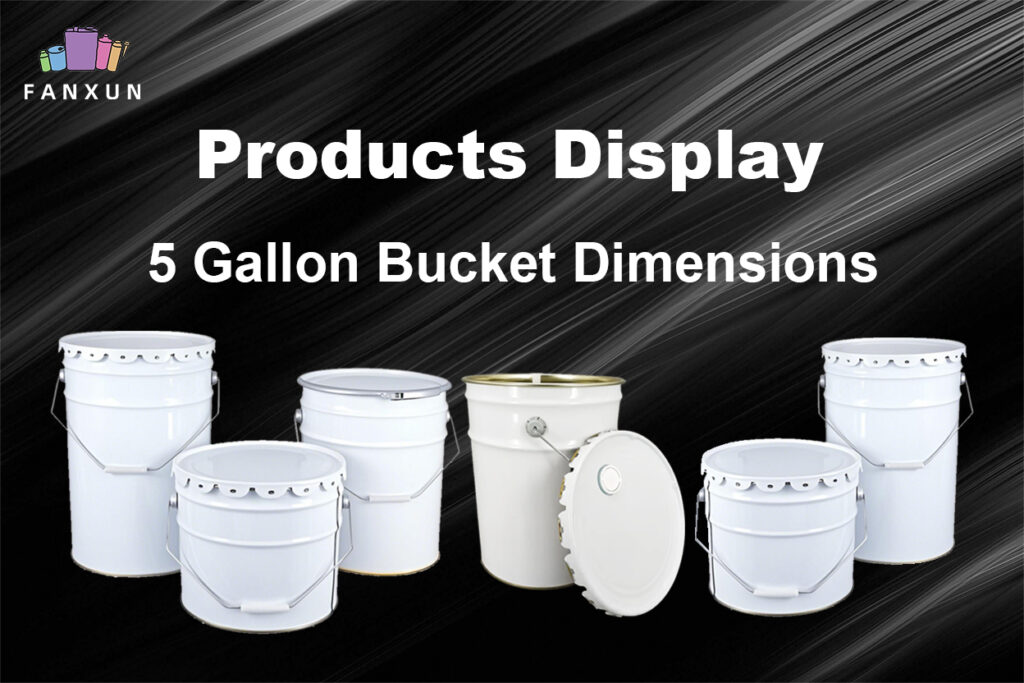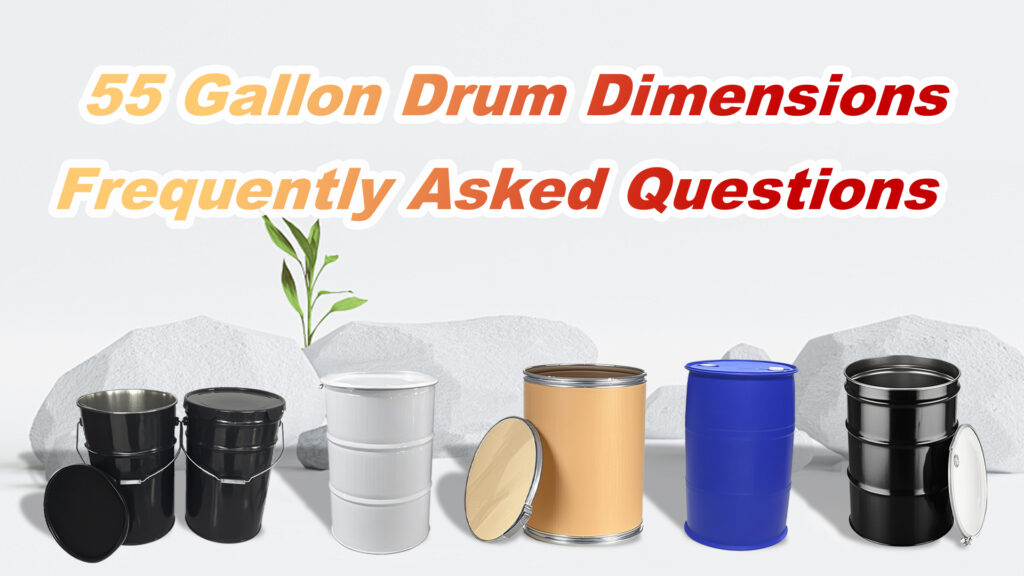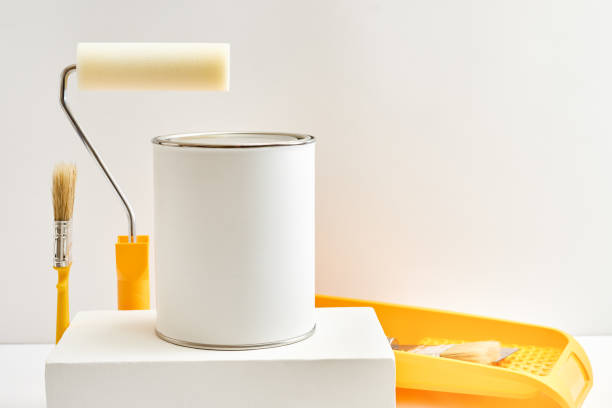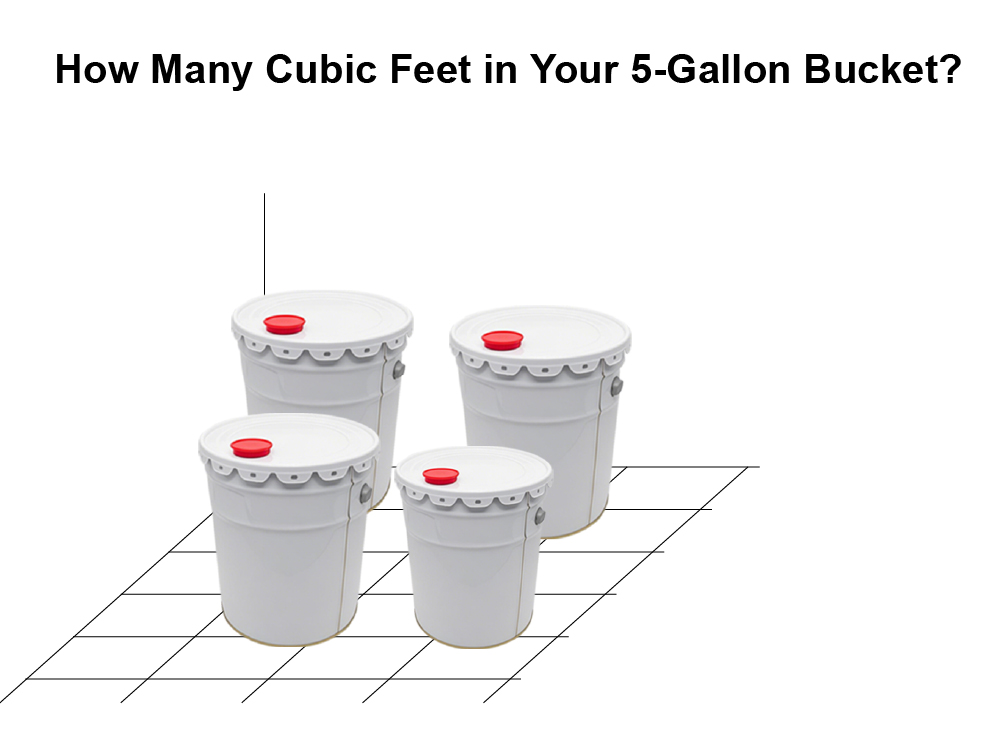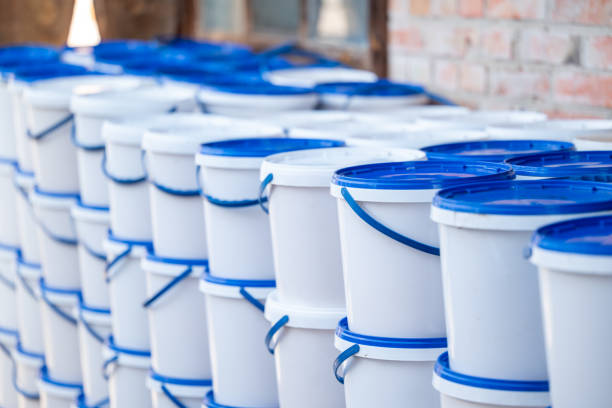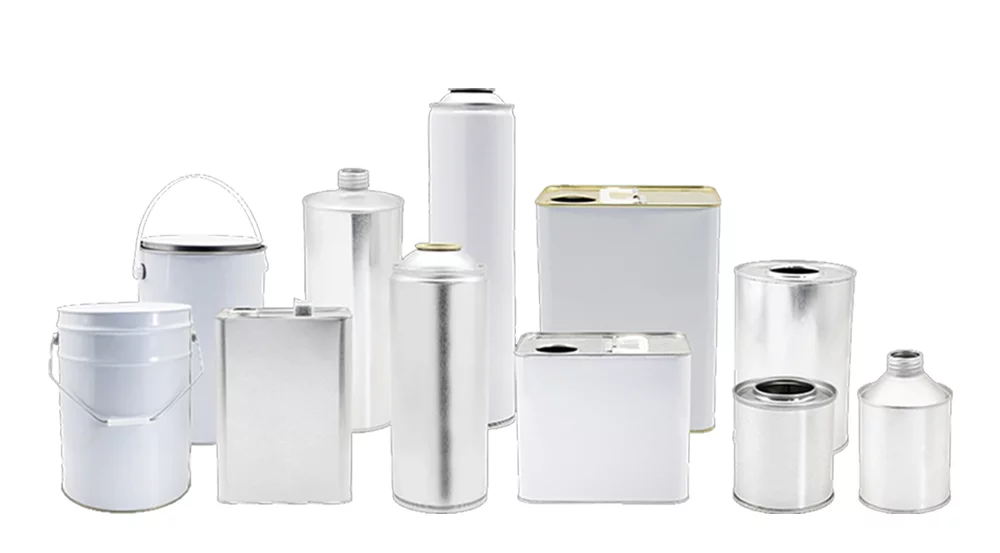When it comes to packaging goods, cans are a popular choice due to their durability and versatility. しかし, there are different types of cans available on the market, including tin cans and aluminum cans. While they may look similar at first glance, there are significant difference between tin and aluminum in terms of material composition, strength, environmental impact, practical applications, 機能, shelf life, 安全性, and cost. この記事では, we will explore these differences in detail to help you make an informed decision when choosing between tin cans and aluminum cans for your packaging needs.
What Is a Tin Can?
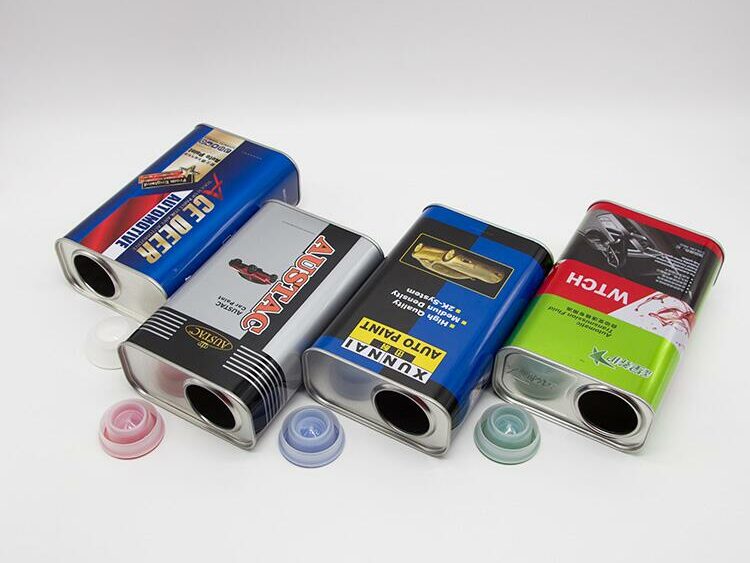
A tin can, also referred to as a steel can, consists of tin-plated steel and serves as a versatile metal container used for various purposes. From packaging food and beverages to storing engine oil, 潤滑剤, and paint, tin cans offer a reliable and durable solution for keeping products safe and preserved. The tin plating on the steel material effectively prevents corrosion, ensuring the integrity and quality of the contents within. Whether containing aerosol products, engine oil, or paints, tin cans are renowned for their robust construction and protective properties, making them a preferred choice for a wide range of applications in the industrial and consumer markets.
What Is an Aluminum Can?
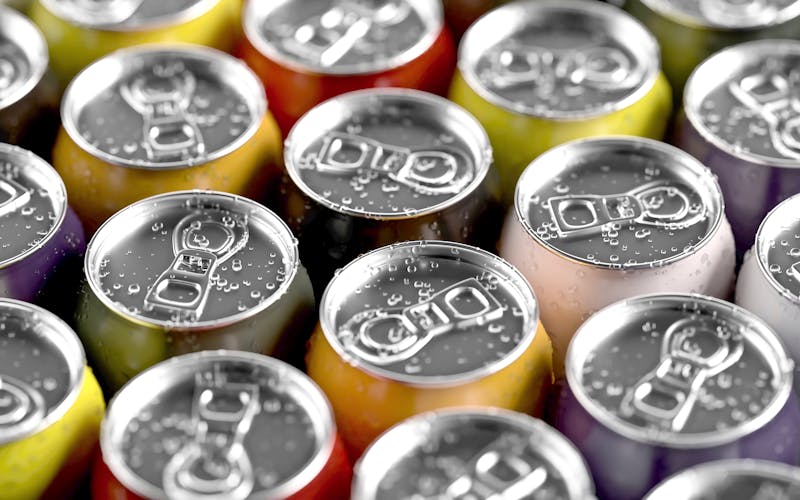
An aluminum can, on the other hand, is made of aluminum. Aluminum is a lightweight and durable metal that is commonly used in the manufacturing of cans for beverages such as soda, beer, and energy drinks. Aluminum cans are known for their recyclability and environmental friendliness, as aluminum can be recycled indefinitely without losing its quality.
Properties of Tin
Tin is a soft, malleable metal that is commonly used as a coating for steel cans to prevent corrosion. It has a silvery-white appearance and is resistant to oxidation, making it an ideal choice for food packaging. Tin has a low melting point, which makes it easy to work with during the manufacturing process. しかし, tin cans are not as lightweight as aluminum cans, which can affect transportation costs.
Properties of Aluminum
Aluminum is a lightweight and corrosion-resistant metal that is commonly used in the manufacturing of cans for beverages. It is also recyclable, making it an environmentally friendly choice for packaging materials. Aluminum cans have a shiny appearance and are known for their ability to preserve the freshness and flavor of the contents. しかし, aluminum is more expensive than tin, which can impact the overall cost of production.
Tin Cans vs. アルミ缶
When considering packaging options for your products, the choice between tin cans and aluminum cans can significantly impact the quality, 耐久性, and overall performance of your packaging solution. Let’s explore the key differences between tin cans and aluminum cans to help you make an informed decision based on your specific needs and requirements.

Material Composition
Tin cans are made of tin-plated steel, while aluminum cans are made of aluminum. The choice between the two materials depends on the specific needs of the product being packaged. Tin cans are ideal for storing acidic or salty foods, while aluminum cans are preferred for beverages due to their lightweight and recyclable nature.
Strength and Durability
Tin cans are known for their strength and durability, as tin-plated steel is resistant to corrosion. These cans can withstand external pressure and protect the contents from contamination. On the other hand, aluminum cans are lightweight but sturdy, making them ideal for beverages that need to be transported and stored efficiently.
環境への影響
When it comes to environmental impact, aluminum cans are the preferred choice due to their recyclability. Aluminum can be recycled indefinitely without losing its quality, making it a sustainable option for packaging materials. Tin cans, on the other hand, are less environmentally friendly as they require more energy to produce and recycle.
Practical Applications
Tin cans are commonly used for packaging food products such as canned vegetables, soups, and sauces. The tin-plated steel provides a protective barrier against contaminants, ensuring the freshness and quality of the contents. Aluminum cans, on the other hand, are widely used for beverages such as soda, beer, and energy drinks due to their lightweight nature and ability to preserve the flavor of the drinks.
Functionality
Tin cans and aluminum cans both offer functionality in terms of protecting the contents from external elements. Tin cans are known for their ability to withstand high temperatures and pressure, making them suitable for canning processes. Aluminum cans are easy to open and close, making them convenient for on-the-go consumption.
Shelf Life
Both tin cans and aluminum cans have a long shelf life, as the metal material provides a protective barrier against oxygen and moisture. This helps preserve the freshness and quality of the contents for an extended period. しかし, aluminum cans are preferred for beverages with carbonation, as they are more airtight and can prevent the loss of fizz over time.
安全性
In terms of safety, both tin cans and aluminum cans are considered safe for packaging food and beverages. The metal material is inert and does not react with the contents, ensuring that the products remain uncontaminated. しかし, it is important to ensure that the cans are properly sealed and stored to prevent any potential risks of contamination.
料金
The cost of tin cans and aluminum cans varies depending on the material and manufacturing process. Tin cans are generally more affordable than aluminum cans due to the lower cost of tin-plated steel. しかし, aluminum cans are preferred for beverages due to their lightweight nature and recyclability, despite being more expensive to produce.
結論
In conclusion, the choice between tin cans and aluminum cans depends on the specific needs of the product being packaged. Tin cans are ideal for storing acidic or salty foods, while aluminum cans are preferred for beverages due to their lightweight and recyclable nature. Both types of cans offer durability, 機能, and protection for the contents, making them a popular choice for packaging materials. Consider the material composition, strength, environmental impact, practical applications, 機能, shelf life, 安全性, and cost when deciding between tin cans and aluminum cans for your packaging needs.















